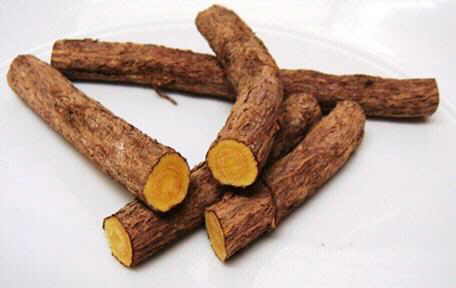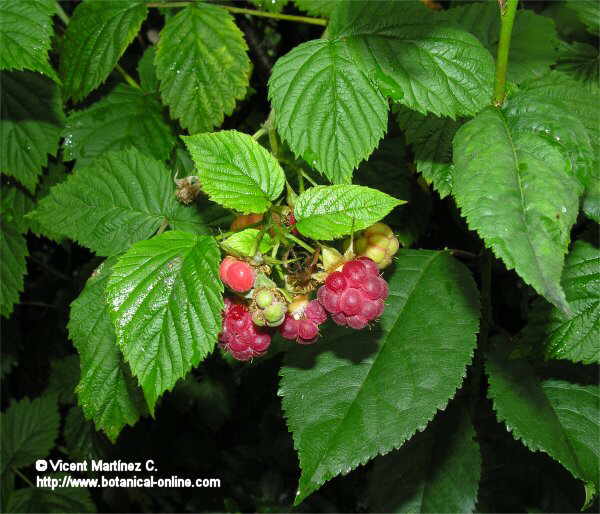Contents
Proteins form the structure of our body
Proteins constitute 80% of the dry weight of cells in our body. The structural proteins shape and support our body, they are part of the muscle, skin and bone collagen. They also form our hair and nails.
The skin is covered with a protein called keratin which is renewed every month. But other inner layers of the skin also are composed of proteins, connective tissues and mucous membranes, making it an excellent barrier against pathogenic microorganisms or substances that may be harmful to our body.
Contractile proteins are those involved in the contraction of the muscles decontraction, allowing movement of our body.
Proteins boost our defenses
One of the most important functions of proteins in our body is to strengthen our defenses.
The so-called immunoglobulins are glycoproteins formed by the binding of proteins and carbohydrates. Antibodies are a type of glycoproteins that act as defenses against those organisms or substances that attack us.
We can distinguish two types of blood cells, red and white blood cells. Red cells are erythrocytes, hemoglobin that carries oxygen and platelets, and white cella are the defenses. They contain B and T lymphocytes, and NK cells (Natural killer cells)
B lymphocytes are those who make these immunoglobulins. When systems of protection of the skin, are not sufficient and microorganisms and other substances get pass the barrier of defense, protection system is activated where proteins act in the so-called acute phase.
During this phase, the protein concentration increases to offset the external attack by C-reactive protein and, among many systems, a protein system called complement system which consists of more than 30 proteins,
Proteins are an essential part of the process to obtain proper immunity, thus, we must perform a good intake, allowing both a well-functioning of our immune system and an efficient activity of our body and its protective functions.
Other functions of proteins
Some hormones and enzymes are proteins with a bioregulating function. They have a hormonal function and deal regularly with different functions, such as the growth and development of our body or the proper functioning of our nervous system.
The catalytic proteins are those that help the enzymatic functions to regulate metabolic processes. They deal with the degradation of macronutrients so that they can be broken into smaller and more easily absorbed particles.
They are also responsible for the activation of the previously mentioned complement system that acts as an enzymatic cascade against attack by microorganisms and other particles.
Transporter proteins are those governing the transport of substances such as oxygen throughout the body via the bloodstream.
*Related information: Functions of proteins
![]() More information on proteins
More information on proteins








